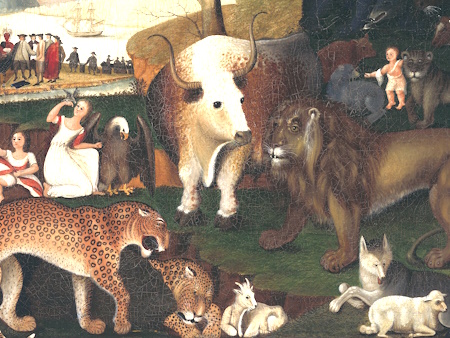
I’ll flow
slug-slow,
go naked
(naked’s fine).
My only mission
is to glisten.
Watch me shine.
*****
Annie Fisher writes: “I wrote the slug poem a year ago when I was on a writing retreat on the island of Iona in the Inner Hebrides. I was writing all sorts of other stuff on the retreat and that little poem popped into my head during a free-writing morning splurge. I guess the idea of slowing down, going with the flow, being true to oneself and letting one’s inner radiance shine is very much in keeping with the vibe of Iona, but it wasn’t a conscious thing.
I do love short poems. I’ve had others published on Snakeskin, including:
SONG THRUSH, MAY MORNING
Bird at my window, early, early,
Something to say, to say, to say,
This morning will not come again,
Make the most of today today.
That poem plays with the fact that the song thrush repeats its song. I sometimes sing it with some friends as a round using a tune we wrote. Here’s one other from the Snakeskin archive which I’m rather fond of:
GRANNY ON THE NAUGHTY STEP
Granny sits on the Naughty Step
Thinks about what she has done
Wishes she’d been a bit naughtier
It might have been fun…”
Annie Fisher’s background is in primary education, initially as a teacher and later as an English adviser. Now semi-retired she writes poetry for both adults and children and sometimes works as a storyteller in schools. She has had two pamphlets published with HappenStance Press: (2016) and (2020), and is due to have another pamphlet published in the next couple of months with Mariscat Press. It will be called ‘Missing the Man Next Door’. She is a member of Fire River Poets in Taunton, Somerset and a regular contributor to The Friday Poem https://thefridaypoem.com/annie-fisher/
Photo: “Banana Slug – A Series” by goingslo is licensed under CC BY-NC-ND 2.0.








